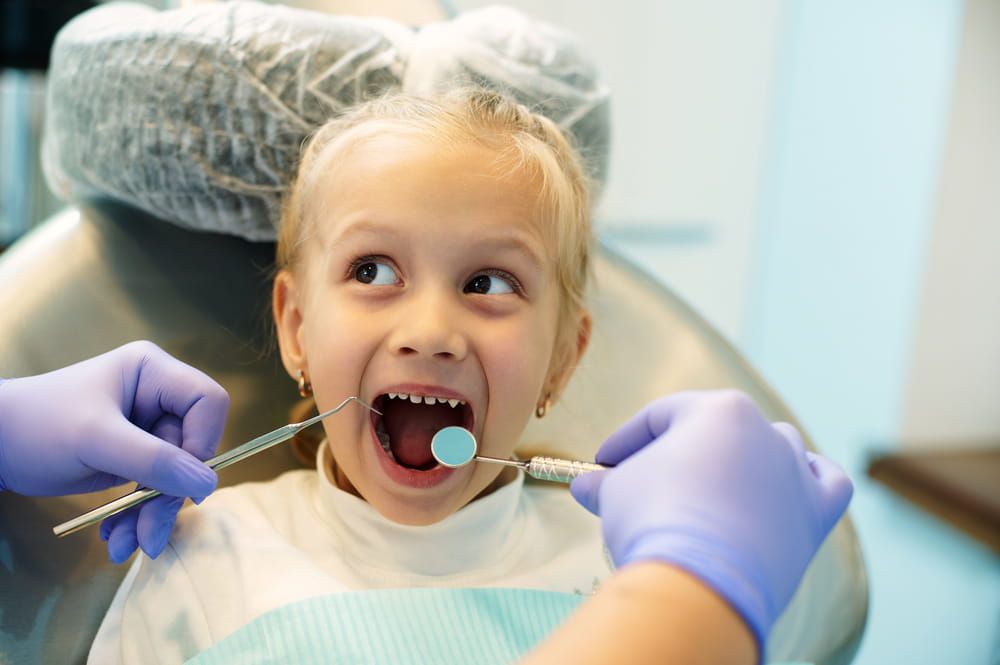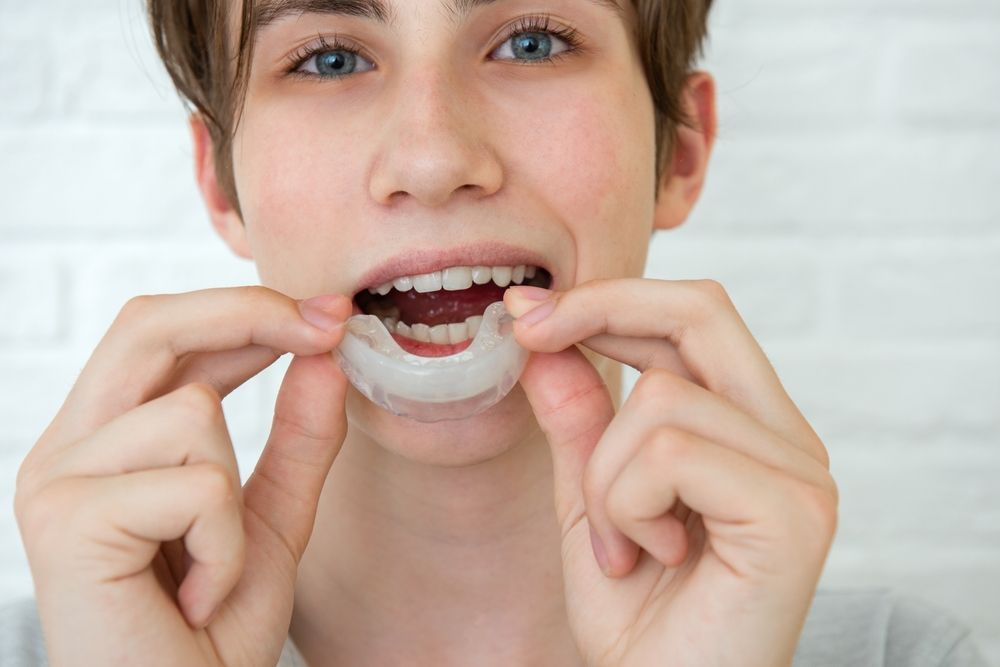Pediatric dentistry plays a vital role in ensuring children grow up with healthy, strong teeth and gums. For many parents, navigating the world of dental care for their little ones can bring up many questions and concerns. Understanding what to expect during dental visits, how to maintain good oral hygiene at home, and when to seek treatment can empower parents to make informed decisions for their child’s oral health. This resource aims to address common questions parents have about pediatric dentistry, providing clear, practical answers that help families support their children’s dental wellness with confidence.
Families in San Jose, CA, and elsewhere often seek guidance on topics ranging from the first dental visit to managing dental anxiety and understanding preventive treatments. By tackling these questions in a straightforward Q&A format, parents can feel reassured and better prepared to create a positive dental care experience for their children.
When Should My Child Have Their First Dental Visit?
One of the most frequent questions parents ask is about the ideal timing for a child’s first dental appointment. The American Academy of Pediatric Dentistry recommends that children visit a dentist by their first birthday or within six months after their first tooth erupts. Early dental visits establish a foundation for preventive care, allowing the dentist to monitor development, check for early signs of decay, and offer guidance tailored to the child’s needs.
These initial visits focus largely on familiarizing the child with the dental environment in a gentle and positive way. The dentist will examine the child’s mouth, gums, and teeth, assess bite and jaw growth, and discuss habits such as thumb sucking or pacifier use. Parents receive advice on cleaning techniques, nutrition, and fluoride use to support strong teeth and gums.
Starting dental care early helps prevent anxiety associated with the dentist and sets the stage for regular visits. Waiting until problems arise often leads to more complicated treatments, so proactive care is encouraged.
How Can I Help My Child Maintain Good Oral Hygiene at Home?
Parents often want to know how to best support their children’s daily dental routines. Teaching children proper brushing and flossing techniques is essential, but supervision and assistance are just as important, especially for younger kids. Children under age 7 typically need help brushing thoroughly to remove plaque effectively.
Use a soft-bristled toothbrush and fluoride toothpaste appropriate for the child’s age. Brush twice a day for two minutes each time, covering all surfaces of the teeth and gently cleaning the gums. Flossing should begin as soon as two teeth touch, to clean between teeth and prevent plaque buildup.
Creating fun routines can motivate kids to take an active role in their oral care. Using songs, timers, or colorful toothbrushes makes brushing enjoyable. Additionally, limiting sugary snacks and drinks, drinking water frequently, and maintaining a balanced diet help prevent cavities and support healthy gums.
Encouraging positive habits early will make oral hygiene a lifelong priority for your child.
What Are Common Pediatric Dental Treatments?
Parents often worry about what types of dental procedures their children might need. Fortunately, many pediatric dental treatments focus on prevention and are simple and painless. Routine cleanings and exams help keep teeth free from plaque and tartar. Fluoride treatments strengthen enamel and reduce cavity risk.
Sealants are another common preventive measure. These are thin protective coatings applied to the chewing surfaces of molars where cavities often start. Sealants help keep bacteria and food particles out of tiny grooves in the teeth.
When cavities do develop, dentists may perform fillings to restore the tooth. Pediatric dentists use techniques designed to minimize discomfort and anxiety, often with distraction methods or mild sedation if needed.
In some cases, early orthodontic evaluations are recommended to assess bite and jaw development. This proactive approach can guide treatments to prevent more serious alignment issues later.
How Can I Help My Child Overcome Fear of the Dentist?
Dental anxiety is common among children, and parents frequently ask how to ease their child’s fear. Open communication is key — talk to your child honestly but positively about what to expect. Avoid using frightening words or describing procedures in detail, which can increase anxiety.
Preparing children by reading books or watching videos about dental visits can familiarize them with the process. Bring comfort items like a favorite toy or blanket to the appointment to create a sense of security.
At the dental office, pediatric dentists and staff are trained to work gently with children, using kid-friendly language and techniques to build trust. Some offices offer “tell-show-do” methods, where the dentist explains and demonstrates tools before use.
If anxiety is severe, discuss options such as sedation dentistry with your provider. The goal is to create a positive experience that encourages regular visits without fear.
What Should I Know About Nutrition and Oral Health?
Parents often ask about the role of diet in maintaining their child’s dental health. Nutrition directly impacts the risk of cavities and gum problems. Sugary and starchy foods fuel the bacteria that produce acids, leading to enamel erosion and decay.
Encouraging a balanced diet rich in fruits, vegetables, whole grains, lean proteins, and dairy products helps supply essential vitamins and minerals for strong teeth and gums. Calcium and vitamin D, for example, support bone health, including the jawbone.
Limiting sugary snacks and beverages, especially sticky or prolonged exposure to sweets, reduces cavity risk. Drinking water frequently, particularly fluoridated water, helps wash away food particles and neutralize acids.
Teaching children about healthy eating habits alongside good oral hygiene builds a comprehensive defense against dental problems.
Conclusion
Understanding the fundamentals of pediatric dentistry helps parents provide the best care for their children’s smiles. Early dental visits, daily hygiene routines, preventive treatments, managing anxiety, and nutrition all play key roles in promoting healthy teeth and gums. By addressing common questions, families can feel confident navigating dental care and fostering positive experiences that last a lifetime.
Parents in San Jose, CA, and beyond can turn to trusted dental professionals for guidance tailored to their child’s needs. Empowered with knowledge, parents help their children build the foundation for a lifetime of healthy smiles.
Resources
American Academy of Pediatric Dentistry. (2019). Guideline on Pediatric Oral Health Care. Pediatric Dentistry Journal.
Wright, J. T., & Tampi, M. P. (2016). Evidence-based Clinical Recommendations on the Use of Pit-and-Fissure Sealants. Journal of the American Dental Association.
American Dental Association. (2021). Managing Dental Anxiety and Fear in Children. ADA Oral Health Topics.





